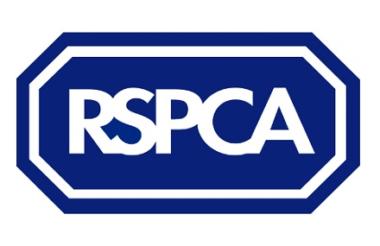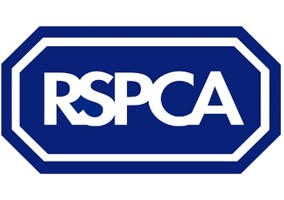Unite union has accused the Royal Society for the Prevention of Cruelty to Animals (RSPCA) of using Covid-19 as an excuse to make 279 workers redundant.
The RSPCA said the consultation is still open and the executive team is considering a number of counter proposals that have been sent in. Final decisions will be communicated on Monday 10 August.
Unite said that the charity should be using its £60m in reserves to safeguard jobs.
Data for the financial year ending 31 December 2018 puts the charity's income at £142.0m and spending at £159.8m.
Its most recent accounts state a level of free reserves of between £75m and £100m is deemed appropriate. On 31 December 2018 its free reserves stood at £89.6m.
The union said it “contests the data and rationale on which such a large number of the redundancies are being based”.
‘It is shameful given that the RSPCA has £60m in reserves’
Terry Abbott, Unite regional officer, said: “Our aim is to safeguard jobs at the RSPCA and the future of this much-loved organisation.
“The potential loss of so many frontline staff and animal welfare services is a huge shock and the vast majority of our members believe that Covid-19 is being used as a woeful excuse to implement cost-cutting measures that predate the pandemic.
“If that’s the case, it is shameful, given that the RSPCA has £60m in reserves that provides a cushion to safeguard animal welfare services and jobs during this national emergency.
“The RSPCA needs to pause and reflect. It is vital that all avenues of support are fully exhausted before the RSPCA makes severe cuts to jobs and animal welfare provision causing poverty, unemployment and, in some cases, the prospect of homelessness for our members.
“The consultation period, therefore, needs to be extended. The proposed redundancy selection processes are themselves subjective, open to challenge and potentially unfair.
“As a minimum, we are calling on the RSPCA to offer a voluntary redundancy scheme to reduce the number of compulsory job losses.”
The cutbacks include the proposed closure of four animal centres. These are Lockwood Equine Centre, South Godstone Animal Centre, Southall Cattery and Clinic, and Putney Animal Hospital.
More than 100 frontline officers within the charity's inspector division are expected to lose their jobs by the end of September.
Siobhan Endean, Unite national officer for the not for profit sector, said: “The next steps will be to generate public awareness of the threat to animal welfare services and the job security of vital and highly skilled employees, who, if sacked, would find it difficult to gain suitable alternative employment at this time.
“Unite will be writing to Westminster MPs and assembly members in Wales to ask them to meet our union reps to save jobs and join our call on the government for a rescue package for animal welfare charities.”
‘We have been clear and transparent from the start’
The RSPCA has refuted claims that it has used the pandemic as an excuse, and said it critically needs to address its financial situation.
An RSPCA spokesperson said: “Before Covid-19, the RSPCA had a deficit of £20m, which had been reduced to £12m, but the pandemic has caused further severe financial pressures.
“Without this restructure, we forecast a hole in our finances of up to £47m over the next three years. This situation isn’t sustainable and we have therefore acted out of necessity rather than choice to safeguard the future of the RSPCA.”
They added: “We strongly refute that we have used Covid-19 as an excuse. We have been clear and transparent from the start about the critical need to address our financial situation given that the pandemic has exacerbated an already challenging financial picture and we face a high degree of uncertainty in the coming years ahead. We have to take action now in order to protect our vital animal welfare services and we are listening to and engaging with both staff and the union.”
The RSPCA started a 45-day consultation in June to work with staff and the union.
As a result, it will be keeping almost 30 roles which were previously put at risk of redundancy, two-thirds of whom are frontline staff.
This equates to 10% of the original proposed job losses.
“We know this is a very difficult and unsettling time for our staff who have continued to work hard through these challenging times, but these changes are urgent and essential if we are to protect our crucial services for the future,” the spokesperson said.
Related articles












